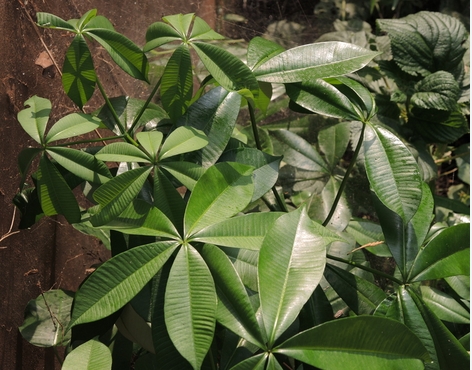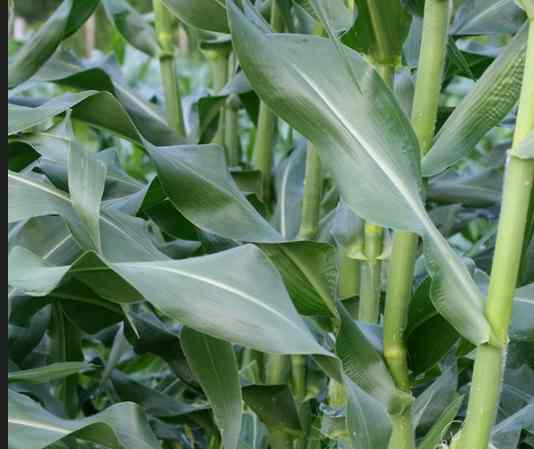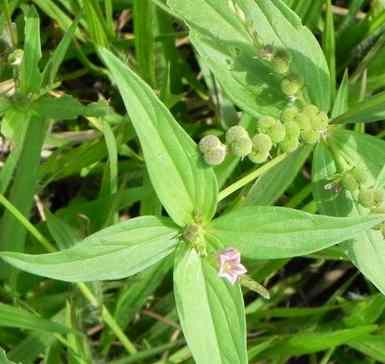
support@yorubalibrary.com
+2348073529208, 07038599574

Alstonia boonei, commonly known as "Ahun" in Yoruba, is a revered tree in Yoruba traditional medicine. Known for its impressive healing properties, this tree is a cornerstone in many Yoruba herbal remedies and treatments.
Key Facts
Category: Stem Bark/Root
Botanical Name: Alstonia boonei
Common Name: Stool Wood or Patten Wood
Yoruba name: Epo Ahun
Igbo Name: Egun
Hausa Name: NIL
Historical Significance of Alstonia Boonei in Yoruba Culture
In Yoruba heritage, Epo Ahun has been utilized for generations due to its medicinal properties. The Yoruba people have long harnessed the power of this tree to address various health issues, integrating its use into their traditional healing practices and cultural rituals.
Medicinal Properties of Alstonia Boonei (Ewe Ahun)
Ewe Ahun is known for its wide range of medicinal properties, including:
1. Anti-microbial:
The bark of the tree possesses strong antimicrobial properties, effective against bacteria, fungi, and parasites. This makes it invaluable for treating infections.
2. Anti-inflammatory:
Alstonia boonei contains compounds that reduce inflammation, making it useful for treating conditions such as arthritis and inflammatory diseases.
3. Analgesic:
The tree has natural pain-relieving properties, making it effective in alleviating pain from conditions such as headaches, muscle aches, and rheumatism.
4. Antimalarial:
Traditionally, Alstonia boonei is used to treat malaria due to its potent antimalarial properties.
5. Antipyretic:
It helps in reducing fever, making it beneficial for managing conditions that cause high temperatures.
Want to treat common ailments such as Malaria, Cough, Measles, Typhoid, Pile etc naturally without spending much? Grab a copy of Authentic Herbal Solutions: 15 Common Ailments & Their Natural Cures. A practical eBook recommended for everyone regardless of tribe, religion or association. Order below or Download sample here
AUTHENTIC HERBAL SOLUTION #4KOne Yoruba proverb says "Bí olóde ò kú, òde rè kì í wu Gbégi". Do you know that Gbégi is actually a leaf/plant? Get Yoruba Proverbs on Plants and Herbs, which is a collection of Untold Wisdoms Hidden in Leaf and plants comprising their Life Applications & Moral Teachings. Order below or download sample here
YORUBA PROVERBS ON PLANTS #4KUses of Alstonia Boonei in Yoruba Traditional Medicine
In Yoruba traditional medicine, Alstonia boonei is used in various forms to harness its healing properties. Common applications include:
1. Malaria Treatment: Decoctions made from the bark are commonly used to treat malaria and reduce fever.
2. Pain Relief: The bark and leaves are used to create poultices and infusions that help relieve pain and reduce inflammation.
3. Digestive Aid: Alstonia boonei is used to treat digestive issues such as diarrhea and dysentery.
4. Wound Healing: The bark is applied to wounds and sores to promote healing and prevent infections.
5. General Health Tonic: The tree is included in various herbal mixtures to boost overall health and vitality due to its rich medicinal properties.
How to Use Alstonia Boonei Safely
While Alstonia boonei offers numerous health benefits, it is important to use it correctly to avoid any adverse effects. Here are some guidelines:
1. Moderation: Use Alstonia boonei in moderate amounts, as excessive consumption can lead to side effects.
2. Preparation: Ensure the bark and leaves are properly prepared, whether by boiling, drying, or grinding, to maximize their benefits.
3. Consultation: If you are pregnant, nursing, or have any medical conditions, consult a healthcare provider before using Alstonia boonei for medicinal purposes.
Conclusion
Alstonia boonei, or Ahun, is a testament to the rich tradition of Yoruba herbal medicine. Its extensive medicinal value and versatile uses make it an invaluable resource in promoting health and wellness. By integrating this ancient knowledge into modern practices, we can continue to benefit from the natural healing power of Alstonia boonei.
Have you heard of our Yoruba Herb Dictionary? This contains names of Yoruba Leaf, Roots, Barks, Characteristics, Properties & Identification with HD Pictures. Order below or download sample here
A-Z HERBS & LEAF DICTIONARY #4K
Know more about the Yoruba traditional uses and he…

Learn about Ewe Aran, a potent Yoruba medicinal le…